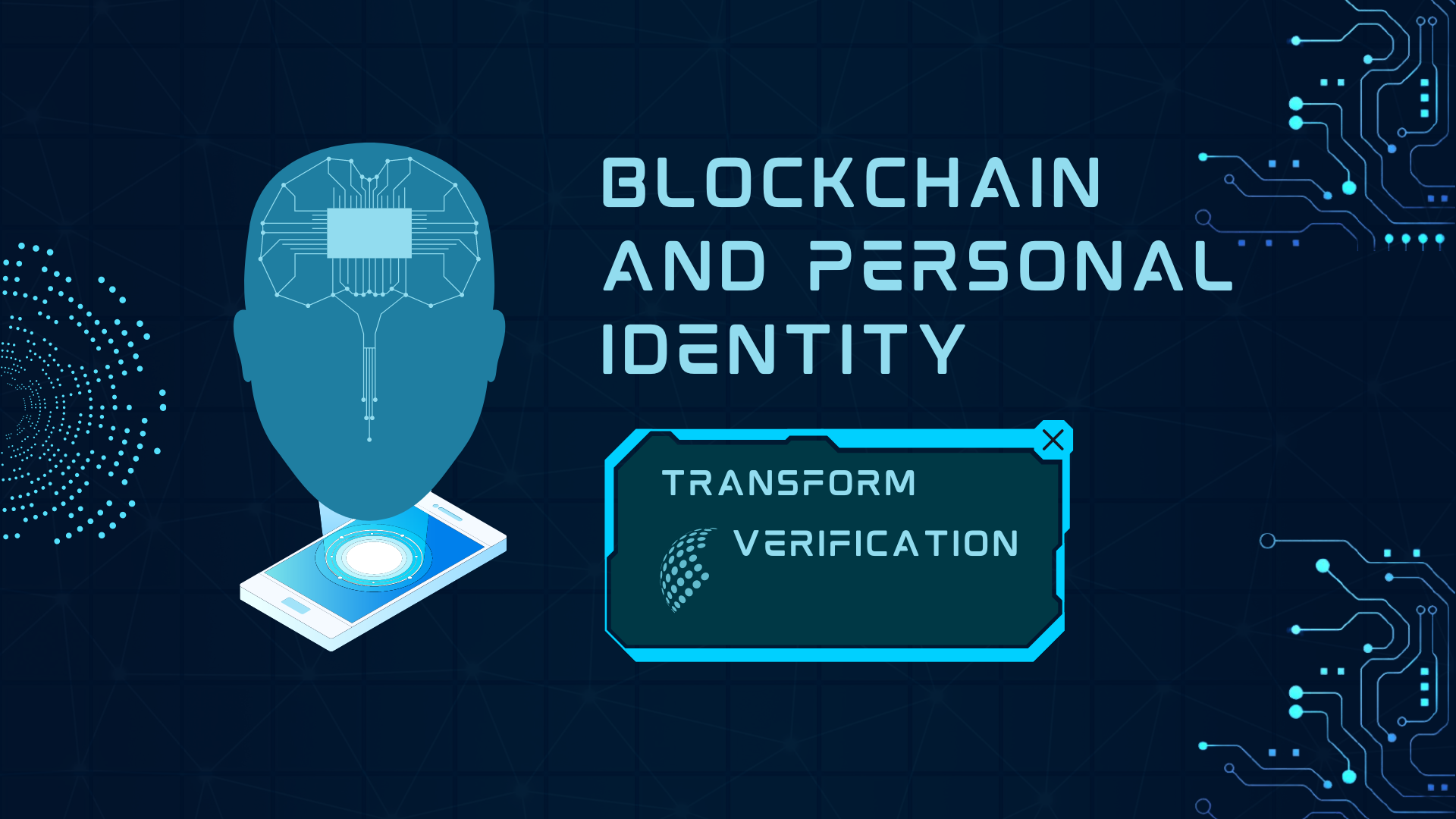
In today’s digital world, our personal identities are increasingly becoming more important than ever before. Whether it’s logging into your bank account, accessing your medical records, or simply emailing a friend, your online identity is the key that unlocks these doors.
However, the current system we use for managing these identities is outdated, insecure, and often inconvenient for the users. This is where blockchain technology comes in, offering a decentralized and secure approach to identity management that could change the game.
The Problem with Current Identity Management Systems
Currently, most online identity systems are based on usernames and passwords, which can easily be hacked or stolen. Even more secure solutions, like two-factor authentication, can still be vulnerable to attacks. This has resulted in frequent data breaches where millions of users’ personal information is stolen, leading to fraud, identity theft, and other types of cybercrime.
Moreover, these centralized identity management systems rely on a few trusted entities to issue and verify identities, leading to a lack of privacy and user control over their own data. Users are forced to hand over their personal information to centralized organizations, which in turn control and manage the user’s identity.
The Benefits of Decentralized Identity Management using Blockchain
Decentralized identity management using blockchain technology offers a solution to some of the key problems with current identity management systems.
Firstly, it offers a more secure and tamper-proof approach by using encryption and cryptography to protect an individual’s identity. Records are stored in a decentralized system, which makes it difficult for hackers to compromise the entire network, as there is no central point of control. Additionally, these systems can use biometrics, such as your phone’s fingerprint scanner or facial recognition, to confirm user identity, which is much more secure than a password.
Secondly, blockchain-based identity systems offer greater user control over their data. Users can store their own personal information, rather than giving it away to third-party entities. This would make it harder for companies to monetize and sell user data, leading to greater privacy and control.
Thirdly, these systems allow users to create multiple identities, each with their own set of data, which can be used for different purposes. For example, a user may have one identity for their medical records, another for their financial information, and a third for their social media accounts. This not only makes it easier for users to manage their accounts, but it also makes it more difficult for hackers to gain access to all of a user’s personal information.
Finally, decentralized identity management systems can allow for greater interoperability between various identity systems. Currently, different services and organizations have their own identity systems that are not compatible with each other. However, with blockchain-based identity systems, users can have a single identity that is recognized and accepted by multiple services, which streamlines the entire authentication process.
Examples of Decentralized Identity Management Solutions
In recent years, several blockchain-based identity management solutions have emerged. One example is uPort, which is a self-sovereign identity platform that allows users to create their own digital identity that is fully under their control. It uses the Ethereum blockchain to secure user data and offers multiple layers of security, including biometric authentication and multi-factor authentication.
Another example is Civic, which uses blockchain technology to verify user’s identity and stores the user’s data on their mobile device rather than on central servers. Additionally, Civic offers ID verification services to other companies, which can help prevent fraud and identity theft.
Conclusion
Decentralized identity management using blockchain technology could revolutionize the way we verify and protect our online identities. By offering greater security, user control, and interoperability, these systems can provide a more secure and seamless authentication process. Despite the advantages, there are still some concerns around these solutions, such as the need for increased standardization and regulation.
Nevertheless, blockchain-based identity management is an exciting development that has the potential to transform the way we interact with digital services and protect our identities.